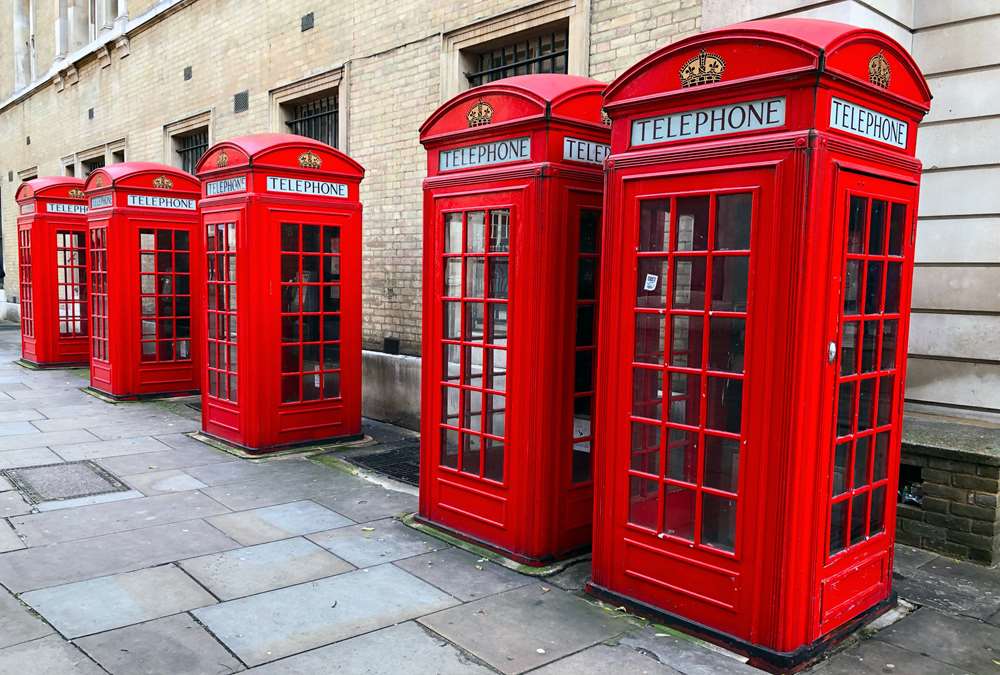- Home
- Business Processes
- Industry Knowledge
- Aerospace Industry
- Automotive Industry
- Banking Domain
- BFSI Industry
- Consumer/ FMCG Industry
- Chemicals Industry
- Engineering & Construction
- Energy Industry
- Education Domain
- Finance Domain
- Hospitality Domain
- Healthcare Industry
- Insurance Domain
- Retail Industry
- Travel and Tourism Domain
- Telecom Industry
- Leadership Skills
- eLearning
- Home
- Domain Knowledge
- Telecom Industry
- International Telecommunications
International Telecommunications
The telecommunications industry has been among the best performing industries in the world in recent years. Until the 1980s, the governance and regulation of international telecommunications regulation were relatively straightforward where state-owned telecom companies provided services within discrete national boundaries. International traffic was carried at rates mutually agreed upon by governments and their respective national carriers. A brief discussion of how the industry is shifting to a multilateral trade framework.
International telecommunications were based on bilateral relations between countries. The monopoly operators in those countries collaborated in the joint provision of international services. This model is now breaking down, and a new pattern based on global competition is emerging. Now, it is not nations that trade with other nations, but companies and individuals that conduct trade with each other.
Until the 1980s, the governance and regulation of international telecommunications regulation were relatively straightforward. Telephone companies were state-owned monopolies that provided services within discrete national boundaries. International traffic was carried at rates mutually agreed upon by governments and their respective national carriers.
Many observers consider 1998 to be a watershed year in the evolution of the global telecommunications industry. This view is based on the fact that two major changes in the international policy landscape have begun to clear away many longstanding barriers to competition in global networks and services.
The first of these changes is the expansion and consolidation of the international trade regime for telecommunications to liberalize basic telecommunications services sectors in accordance with international trade disciplines in the participating countries. It also brings the onset of full liberalization within the European Union (EU). As part of a broader program to create a “single market” for goods and services, whereby EU’s 15 member countries are obliged to remove barriers to competition with each other in telecommunications infrastructure and services under the guidance of the European Commission (EC).
The second major change involves the international accounting and settlements system, the restructuring of global traffic precipitated by the demise of the accounting rate system, and the governance of global electronic commerce.
Multilateral Trade Framework:
Trade-in telecommunication equipment and services now take place in a multilateral environment in which the majority of trade relationships include multiple intermediaries between buyer and seller. We are moving from a world of one-to-one relations to a world of many-to-many.
For many telecommunication users, the transition to a multilateral trading system will bring benefits in terms of greater choice and lower prices. For the majority of carriers, there will be significant benefits in terms of creating new market opportunities and a more level playing field.
The goal is to extend the multilateral solution, in which all countries move forward together and in which all benefit, not just those carriers with market power. Only then will the benefits of global competition be extended to all the world's inhabitants.
The nature of the international telecommunications trade is evolving from a bilateral, nation-to-nation framework to a multinational, multilateral company-to-company paradigm. Major international telecommunications alliances have taken many forms and have the potential to dominate parts of international telecommunications as they hope to realize significant market and cost advantages. Nevertheless, the demand will continue to increase for smaller firms able to provide a local presence and technological expertise.
Related Links
Explore Our Free Training Articles or
Sign Up to Start With Our eLearning Courses

About Us
Learning
© 2023 TechnoFunc, All Rights Reserved
